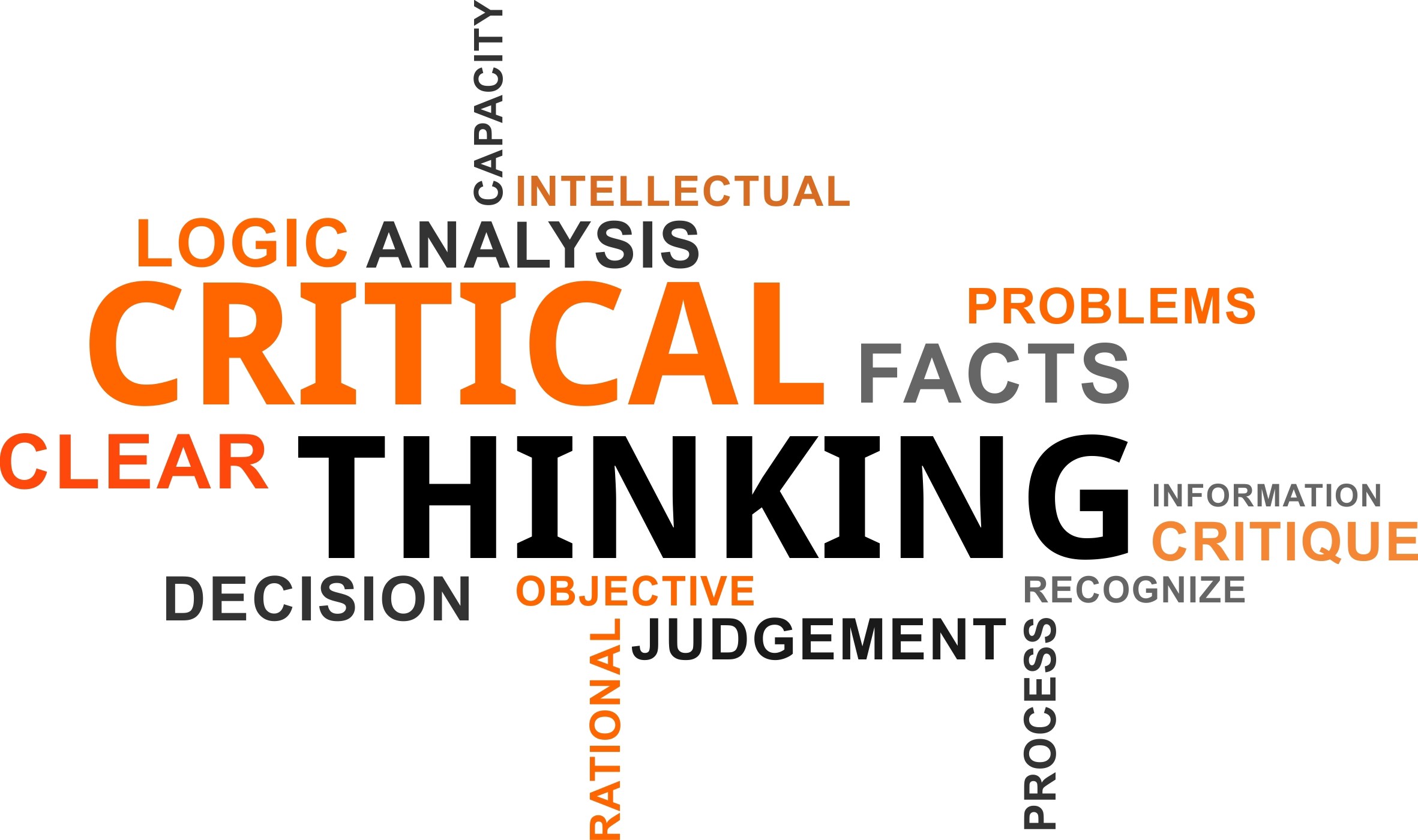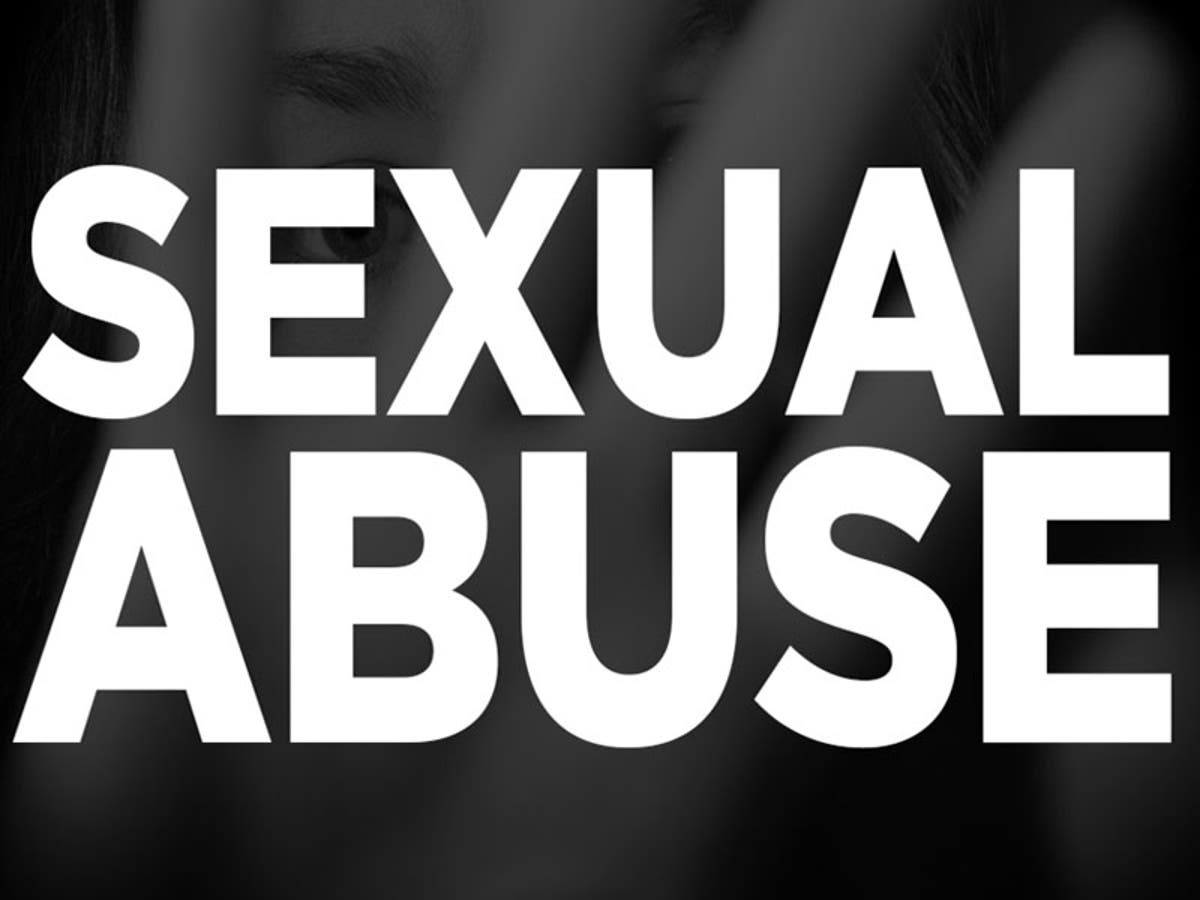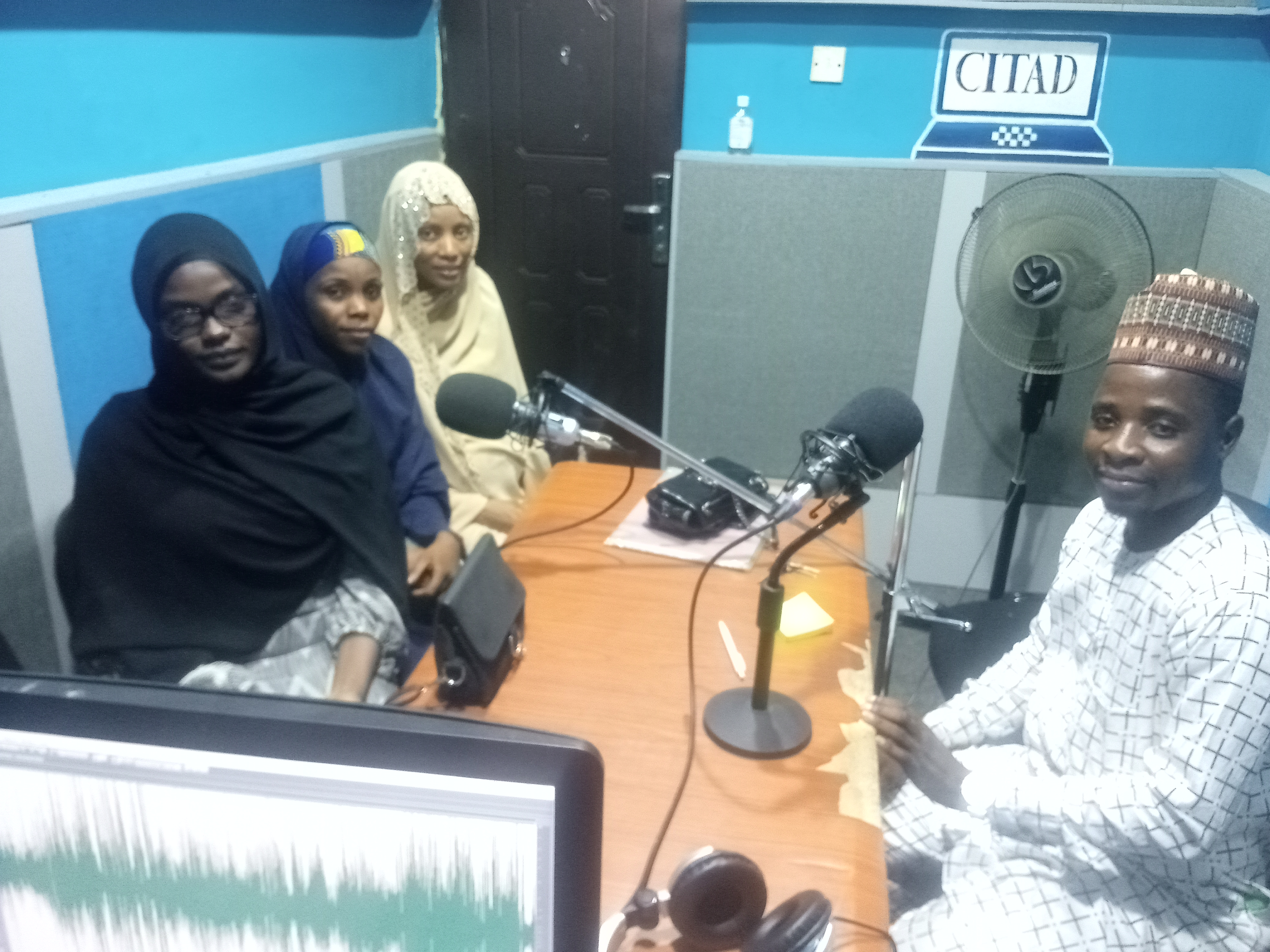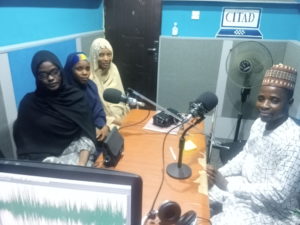In another edition of its Twitter Chat Series, the Centre for Information Technology and Development CITAD hosted the CITAD’s Senior Programme Officer, Malam Isah Garba. The discussant started with a welcoming remark from the CITAD handle, @ICTAdvocates where it expressed its pleasure to host another Twitter chat hosting our own Senior Programmes Officer, Malam Isah Garba who will be discussing on “How CSOs Can Mobilize & Sensitize the Public on #COVID19.”
Subsequently, the CITAD began asking the questions while the senior programme officer responded to each of the questions asked.
When asked on how do we reach out to people at rural setting especially the ones with no IT infrastructures since that social gathering are discouraged, the Senior Programme Officer responded that we need to have a basic understanding of the civil society first, the CSOs is not limited of what many people perceived; they are voluntary organizations cut across of all ramifications of human endeavors. Therefore CSOs can be found anywhere no matter how remote the community may, there are many self help group who volunteer to help the people in their communities. So reaching out to people  in rural communities or where there is no IT facilities is simple, CSOs can use their networks within the CBOs and i doubt if there is rural community without cellular phones so that can also be utilized. Another avenue of reaching out to them is through the use of Radio, which in area like northern Nigeria we have more listeners of radio then readers or user of the internet.
Another question was by Aliyu Dahiru Aliyu where he said “What CSOs are doing to ensure that governmental and non-governmental organisations are accountable when it comes to the distribution of palliatives?” Malam Isah responded that “CSOs work is multidimensional while others work in the area of sensitizations, mobilizations, pallitive support, there are many CSOs working in the area of anticorruption and also promotion of accountability, these CSOs are working in different dimension to ensure that. There are organizations working towards tracking of the palliatives and its distributions while others form part of the team distributing the palliatives as observers and they not only report to their organization but also share the information with the public.”
Aliyu Dahiru Aliyu asked again whether CITAD is using any ICT tool, like tracing apps or any other tool, to help curb the pandemic, the programme officer said that currently, CITAD is not directly using any app in doing that, but as an organization with large networks it partners with others.
“Governments cannot work alone in responding to the crisis on behalf of vulnerable communities; How has the CSO`s helped initiate a more effective response to humanitarian crises and natural disasters like Covid 19” was Mubarak and Malam Isah responded that it is important to note that CSOs mostly have the trust of the communities they work, therefore, the community will trust them and agree with all that they may say on the Pandemic more than what the government agencies may say.
Another question was asked by Aliyu Dahiru Aliyu was that “NNPC implements a tracing application in Nigeria despite warnings that there could be breech of privacy while using the app, did you consider reviewing the app as an ICT development organisation?” He responded That CITAD is an organization that promotes internet security and privacy, therefore we cannot support any App that may breach into the privacy of the citizens, and therefore, if the App has that implication we will advocate its review.
Sagiru Ado asked “CSOs found themselves at critical situation at this trying time where Covid 19 restricts interaction and gathering of people. What strategies CITAD sets in places with no IT connection and network to complement its engagement b/4 the pandemic? The programme officer answered that CITAD is using radio stations in reaching out to its targets and it doubt if there is a community without radio.
Ali Sabo also asked the question whether we can know how Civil Society can mobilize people at grassroots to ensure they stay safe looking at how government is easing the lockdown in the country, and Malam Isah said they can reach out through their networks at the grassroots and also through the use of radio stations. This is one of the significances of network formation in the CSOs work; other organizations can help you reach where you can’t.
Mubarak Ekute asked on how Covid-19 affecting Civil Society worldwide? Responding, Malam Isah said CSOs are part of the world community and the effect of this pandemic is like that of war its effects depends on your area, so CSOs suffer in the areas of the economy, operations and even the ways they reach out to their targets as we said earlier.
Lastly, the Programme Officer was asked about the swiftness of CITAD to execute their operations and office work online due to the pandemic and whether it could be possible with government at both state and federal levels. Malam Isah responded that this is possible all they need is to build the capacity of their staff towards that. And we have now witness this since FEC meeting and other important engagements of the government are done online, therefore it is possible.
At the end of the discussion, Ali Sabo thanked Malam Isah for the wonderful one hour engagement and urged everyone to remember to always practice good personal hygiene.
The CITAD senior programme officer thanked all for the opportunity given to him and hopes for a continuous work of sensitizations in our communities.
@ICTAdvocates
Good afternoon our esteemed audience. It is our pleasure to welcome u once again to another Twitter Chat,today & at this time, we’re hosting our own Senior Programmes Officer, Malam Isah Garba (@isahcitad ) who ‘ll be talking on “How CSOs Can Mobiliz & Sensitize
the Public on #COVID19.
@ isahcitad
Gafterno
Q 1. @ICTAdvocates
Malam Isah Garba (@isahcitad ), it is indeed our pleasure having at this time, we would like to please start by understanding the role civil
society organizations such as @ICTAdvocates and others have played so far in getting the public sensitized on the #COVID19 pandemic
Answer
Good Afternoon Ali and other esteem audience and welcome to this edition of the chat organized by @ICTAdvocates
Q 2. @ChiromaHope
Good afternoon Sir and welcome to the the meeting. Now that social gathering are discouraged. How do we reach out to people at rural setting? Especially the ones with no IT infrastructures.
Answer
@ChiromaHope I think we need to have a basic understanding of the civil society first, the CSOs is not limited of what many ppl percieved they voluntary organizations cut across of ramifications of human endeavurs.
Therefore CSOs can be found any where no matter how remote the community may, the may self help group who volunteer to help the ppl in their communities.
So reaching out to ppl in rural communities or where ther is no IT facilities is simple, CSOs can use their networks within the CBOs and i doubt if there is rural community without celular phones so that can also be utilized
Another avenue of reaching out to them is through the use of Radio, which in area like northrn Nigeria we have more listers of radio then readers or user of the internt
Q 3.   @Aliyussufiy
What CSOs are doing to ensure that governmental and non-governmental organisations are accountable when it comes to the distribution of palliatives?
Answer
CSOs work is multidimensional while others work in the area of sensitizations, mobilizations, pallitive support, there are many CSOs working the area of anticorruption and also promotion of accountability, these CSOs are working in diff dimension to ensure
that.
There are organizations working towards tracking of the palliatives and its distributions while others form part of the team distributing the palliatives as observers and they not only report to their org but
also share the information with the public
Q 4.   @Aliyussufiy
Is @ICTAdvocates using any ICT tool, like tracing apps or any other tool, to help curb the pandemic?
Answer
currently, @ICTAdvocates is not directly using any app in doing that, but as an organization with large networks we do part with others
Q 5.    @mukhtars_s
@isahcitad . Malam, Governments cannot work alone in responding to the crisis on behalf of vulnerable communities; How has the CSO`s helped initiate a more effective response to humanitarian crises and natural disasters like Covid 19?
Answer
it is important to note that CSOs motly have the trust of the communities they work, therefore , the community will trust them and agree with all that they may say on the Pandemic morethan what the govt agencies may say.
Q 6.    @ Aliyussufiy
NNPC implements a tracing application in Nigeria despite warnings that there could be breech of privacy while using the app, did you consider reviewing the app as an ICT development organisation?
Answer
@ICTAdvocates is an organization that promote internet security and privacy, therefore we can not support any App that may breach into the privacy of the citizens, therefore, if the App has that implications we will advocate its review.
- 7.       @sagiru_ado
CSOs found themselves at critical situation at this trying time where Covid 19 restricts interaction and gathering of ppl. What strategies
@ICTAdvocates set in places with no IT connection and network to complement it’s engagement b/4 the pendamic?
Answer
@ICTAdvocates that is one of the reasons @ICTAdvocates is using
radio stations in reaching out to its targets and i doubt if there is a community without radio
Q 8.      @a_sabo12
Sir can we know how Civil Society can mobilize people at grassroots to ensure they stay safe looking at how govt is easing the lockdown in the country?
Answer
As I said earlier they can reach out through their networks at the grassroots and also through the use of radio stations. This is one of the significances of network formation in the CSOs work, another organizations can help you reach where you cant
Q 9.   @MubarakEkute
@isahcitad How is Covid-19 affecting Civil Society worldwide? How is it Responding?
Answer
CSOs are part of the world community and the effect of this pandemic is like that of war its effects depends on your area, so CSOs suffer in the areas of the economy, operations and even the ways they reach out to their targets as we said earlier
Q 10.      @sagiru_ado
@ICTAdvocates @isahcitad CSOs swift to execute their operations and office work online due to the pendamic, could this be possible
with government at both state and federal levels?
Answer
This is possible all they need is to build the capacity of their staff towards that. And we have now wtness this since FEC meeting and other important engagements of the government are done online, therefore it is possible
Closed
@a_sabo12
Here we come to the end of this session, on behalf of everyone at @ICTAdvocates we thanks our Senior Program officer, @isahcitad for the wonderful one hour engagement. Remember to always practice good personal hygiene. Stay safe
@ isahcitad
Let me join Ali in thank you for your time and commitments, I do hope we will continue with the work of sensitizations in our communities. STAY SAFE






















